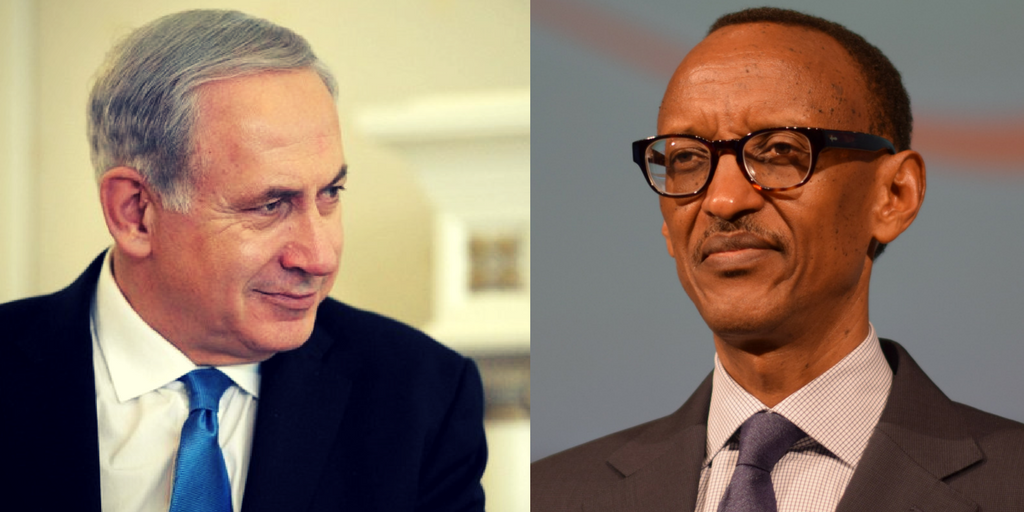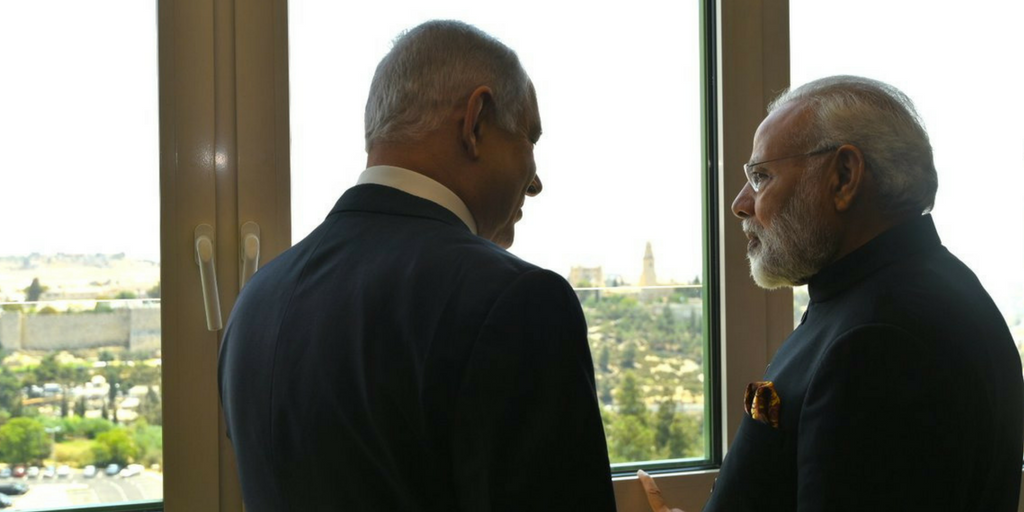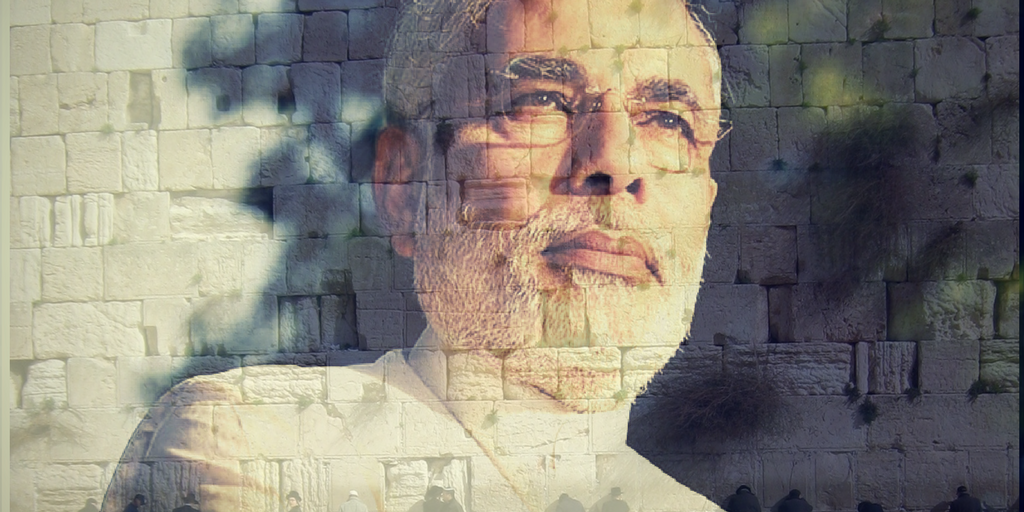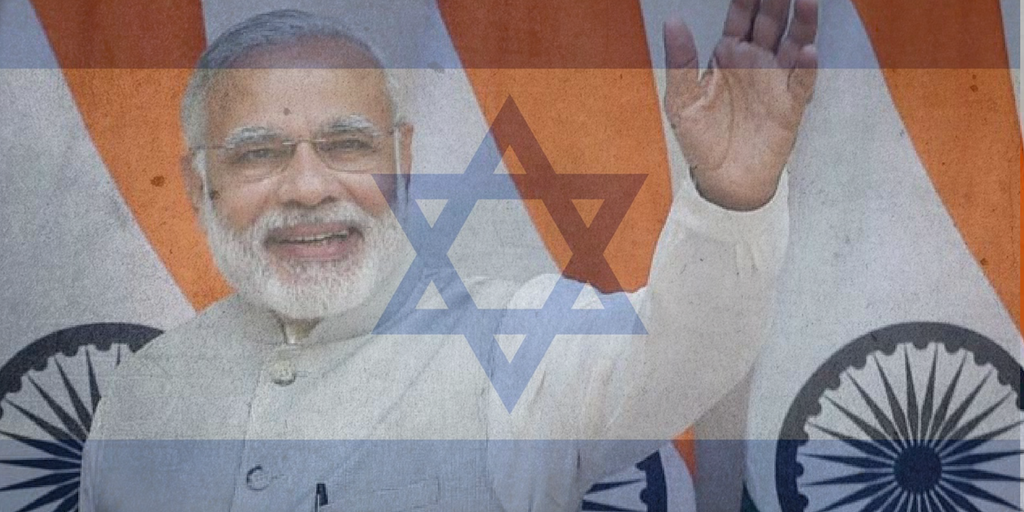Rwandan President Paul Kagame arrived in Jerusalem, Israel today for a three day working visit. The Rwandan President was greeted warmly both by President Rivlin and Prime Minister Bibi Netanyahu.
The Prime Minister said the following to Kagame:
“You are coming back here; this is not the first time. But I can say that in one of our earlier meetings, I voiced the hope that Israel could come back to Africa in a big way, and that Africa could come back to Israel in a big way. We discussed this for some time. And you said, well, I think I can help. And in fact, you did help. I would say you were the indispensable bridge on which we marched to make our return to Africa, step by step, with very sound advice, very, very wise counsel. And together we chartered this course, coming first to East Africa, where we visited among other things your beautiful country, which is making impressive progress under your leadership, and then other countries as well; and then West Africa; and we’ll be making a third trip very soon, in one year. But I have to say that it began with my conversations with President Paul Kagame. So I want to thank you, Paul, for helping Israel, helping Israel and Africa, helping Israel in general. Thank you Mr. President.”
Israel has been a big supporter of Rwanda for over a decade, supplying solar energy, agricultural know-how, and even helping to jumpstart the landlocked country’s own set of startup hubs. Rwanda in turn has been clear that it views Israel in an inspirational light and wants to see itself as the Israel of Africa. Kagame has been credited in stopping the genocide Rwanda experienced in the early 1990’s and took over a divided country only to unite and cause it to thrive in a near miraculous turnaround.
The Prime Minister himself touched on this as he spoke further with President Kagame to his side.
“President Rivlin has already mentioned the fact that both of our peoples have a tragic legacy. Ours in the Holocaust, yours in the great genocide that befell your people. I’m not sure how many of my Israeli compatriots know that President Kagame personally led the military effort that put a stop to this carnage after more than a million people were butchered, a million children, women, defenseless men. And, with your courage, you put an end to this and began rebuilding this torn nation. We can see the impressive gains that you are making. In fact, it is one of our deepest pleasures to be able to cooperate with you in rebuilding your state, rebuilding it in agriculture and water and so many other areas, and security as well.
“We have pledged, I think both our peoples, one simple pledge: ‘Never again.’ Never again – we, who witnessed the greatest holocaust in history, you who witnessed perhaps one of the most recent ones – never again. That’s another great bond between us. You have been a consistent friend to us. First in our bilateral relations. We don’t forget that your foreign minister visited us during our travails in Gaza. You sent her as a show of friendship and solidarity.”
From 42Kura to Energyia Global, Rwanda is seen as one of the top destinations for Israeli technology as Kagame has opened up the country’s doors to Israeli tech and innovation.
Rwanda and much of East Africa have grown in trade relations with Israel. The power of these partnerships are far bigger than just financial or even geo-political. Africa and Israel are both former colonies. Just like India, Israel and much of Africa were controlled by one or more European countries.
By partnering together decades after independence, they have been capable of reversing the European backed Islamic erasure of indigenous history in many of these areas. Israel has become a symbol and a beacon for many of these former colonies who have risen and conquered the neo-colonialist attitudes of the once strong European continent.






